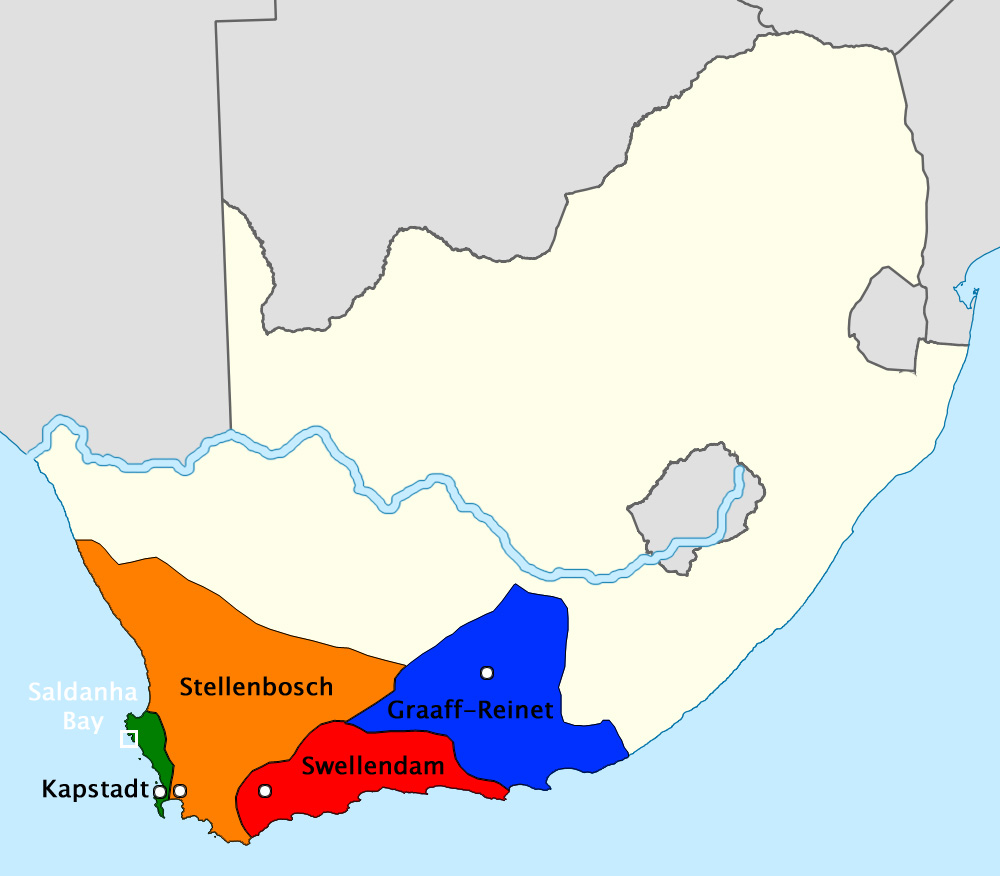There were several reasons for the Great Trek:
1. Lack of pasturage within the British Cape Colony - i.e. up to the Xhosa frontier - the influx of the 1820 settlers made a big impact in the sense that suddenly there were a lot more people with a lot less land.
2.1 Loss of labor caused by the abolition of slavery. Suddenly you were left without workers for the farms if the slaves left.
2.2. or 3. Loss of capital. Britain only recompensed the Boers/Afrikaners/Dutch slave owners 30% of the purchase price of the slaves. And not only that, it took six months (with fair winds) from Cape Town to London, and six months back. So, in other words, you were stranded without either the labor that the slaves had previously provided or the money to employ labor while you waited for London to approve the payout. The treasurer didn't sit at the Castle in Cape Town, he sat in Whitehall. All payments had to be approved by him.
4. Religious issues. The Dutch governor/government had been relatively uninvolved as far as religion and freedom thereof was concerned. However, post 1806, religion was suddenly the domain of the governor/king. To give you an idea, the first Synod meeting of the South African Synod in 1824 the "algemene kerk sinode" - was made up of 11 Scots, 1 German, 1 Dutchman and 7 Afrikaners. This was one of the tenets of Piet Retief's manifesto: that freedom of conscience was desired.
Also, to give you an idea, a *Rev. Morgan from Somerset-East denounced it as a "wandering", *Rev. Taylor likened it to the "flight of Jonah" and *Rev. Robertson of Montagu said it was for "foolish reasons" that they acted, so the Synod of 1837 denounced it as "unbiblical" - and seemingly forgot the Exodus of Moses and the Israelites from Egypt.
*Notice anything about the surnames? Yup, they're all Scots telling the Dutch how to run their country.
5. Nationalism. The watchword of the 19th century, courtesy of Napoleon and his wars. The Afrikaners had become pretty used to doing their own thing without too much interference from the governor. Suddenly, in 1806, they got a British governor and it was no longer a case of laissez-faire. The British meddled (after a fashion) in a way the Dutch never had. Pre-1806 the Afrikaners could move around sort of wherever they damn well pleased, whereas now, post-1806 they were sort of tied down and restricted to "districts" - hence point 1 about lack of pasturage. So there was a desire for a lost freedom in it as well.
6. Equality. The abolition of slavery led to an awkward side-effect. Those same slaves that had been working for you a month before, were now your equal. Many Afrikaners were unable to handle this too well. Equality before the law was alright in theory, but all these freed slaves also led to an increase in for instance farm-attacks, robberies, rapes and murders. Before the abolition, if a slave did this, he was flogged with a sjambok and sent back to work - the pain from this being enough to persuade him it's a bad idea.
Just a little extra info to consider.
